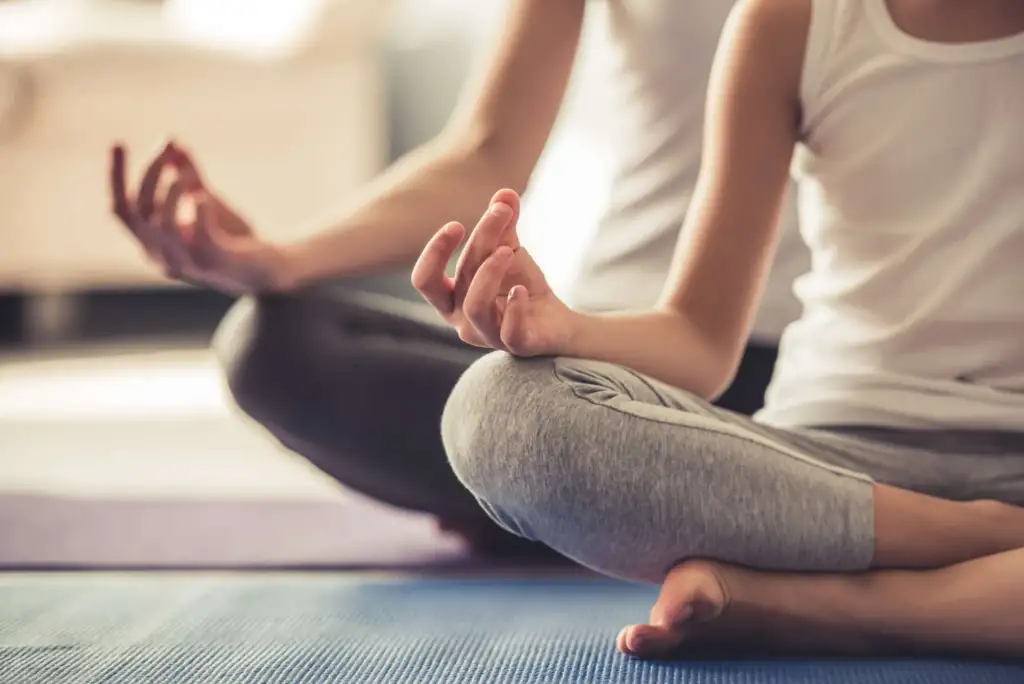STATE OF THE ART THERAPIES GROUPS APPROACH CARE
Your Road To Recovery Begins Here
Make Seaquell House Your Home Away From Home
Yoga: Mind-Body Healing
Yoga is a foundational component of Seaquell House’s holistic approach to addiction treatment, offering clients an opportunity to cultivate mindfulness, emotional balance, and physical well-being. The practice of yoga provides numerous benefits for individuals in recovery, helping them manage stress, anxiety, and the physical discomfort that can accompany addiction. Yoga promotes flexibility, strength, and relaxation, all of which contribute to the overall sense of well-being. In addition, the deep breathing techniques used in yoga help to regulate the nervous system, enabling individuals to stay grounded during times of emotional turbulence.
Yoga also encourages mindfulness, helping clients develop a greater awareness of their bodies, thoughts, and feelings. This mindfulness fosters emotional regulation, allowing individuals to manage triggers and cravings more effectively. In group yoga classes, clients have the opportunity to connect with others in a shared experience, creating a sense of community and support that reinforces their recovery journey. Through yoga, Seaquell House empowers clients to experience the healing potential of mind-body integration, supporting both physical recovery and emotional healing. The practice of yoga helps individuals stay centered, calm, and focused on their long-term recovery goals, laying the foundation for a balanced, healthy lifestyle.


what makes us different
Residential Addiction Treatment
Behavioral Therapy:
Ongoing cognitive behavioral therapy helps patients learn to cope with cravings and any other lingering issues associated with their addiction.
Family Therapy:
In some instances, patients may benefit from working through addiction with the inclusion of family. This therapy aims to improve relationships and work through situational problems to ensure a successful recovery.
Medical Treatment:
Medications are available to reduce the unpleasant symptoms of drug and alcohol detox as well as prevent cravings. These may be oral or injected medications.
Group Therapy:
Patients work together with others in treatment to establish a strong supportive foundation for recovery.
Holistic Treatments:
These focus on restoring the mind, body and spirit through yoga, meditation, and natural remedies.
Nutritional Therapy:
Due to the detrimental effects drugs and alcohol have on the body, nutrition is key to rebuilding health.
Most insurance accepted
We have you
Covered
We will reach out to you
Don't hesitate to become part of the Seaquell House Family
Visit us
8401 S Palm Dr.
Pembroke Pines, Florida 33025
Email Us
754-778-5902
Follow us
